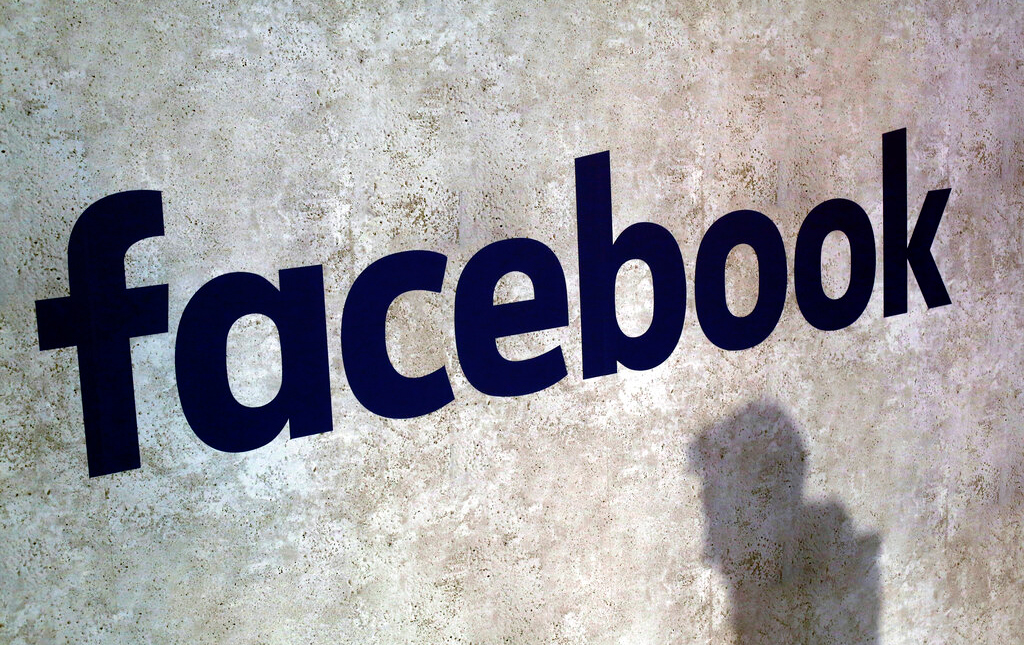As the coronavirus spread around the world and people everywhere were ordered to stay home, phone calls over Facebook’s apps more than doubled.
In many countries, messaging on Instagram and Facebook soared by over 50 per cent, while group calls in Italy jumped by more than 1,000 percent. And hungry for information, people clicked repeatedly on virus news stories shown by the social network.
Inside Facebook, that meant the pressure was on.
“We’re just trying to keep the lights on over here,” Mark Zuckerberg, Facebook’s chief executive, said in an interview last week.
As airlines, hotels, restaurants and other companies struggle to stay afloat during the pandemic, Facebook is also labouring to cope with the fallout. But unlike those other businesses, the Silicon Valley giant is being strained by the coronavirus in a different way: Its usage is going through the roof.
Skyrocketing traffic and a crush of new users are now stressing Facebook’s systems just as its 45,000 employees are dealing with working remotely for the first time. The company is also trying to keep its users’ data secure while employees who sift through posts to moderate content do so from home. At the same time, Facebook has added to its workload by promising to do more to limit virus misinformation.
It is a pressure test moment for Facebook, which has for years grappled with a backlash over privacy and toxic content, but now has a chance to change that narrative and be seen as an essential communications and information tool during the outbreak.
“The usage growth from Covid-19 is unprecedented across the industry, and we are experiencing new records in usage almost every day,” Alex Schultz and Jay Parikh, two Facebook vice presidents working on infrastructure, said in a blog post on Tuesday.
“Maintaining stability throughout these spikes in usage is more challenging than usual now that most of our employees are working from home.”
What has saved Facebook’s network from crashing altogether, Mr. Zuckerberg said, was that the virus and the quarantines have had the largest impact in just a few areas where Facebook operates. Facebook is banned in China, where the virus first appeared, for instance.
Those areas that have the highest concentration of people using Facebook’s services during peak hours from home are also spread out by time zone, Zuckerberg said, which staggers the swell of traffic.
“It really is a big technical challenge,” he said. “We’re basically trying to ready everything we can.”
He said Facebook had mobilised its engineers to make sure the company has enough computing capacity and adequate support to handle the surges.
The strain has been compounded by Facebook’s work force adapting to working from home, which had been discouraged in the past.
The company’s executives have long preached internally that face-to-face meetings and in-person collaboration were central to Facebook’s success.
The importance of in-person conversation was so great that employees at offices from Singapore to New York were frequently asked to travel to the company’s headquarters in Menlo Park, California, for quarterly meetings.
That has made the transition to working from home especially difficult, said four Facebook employees who spoke on the condition of anonymity because they were not authorised to speak publicly.
To communicate, Facebook employees were told to use BlueJeans, which provides technology for videoconferencing calls, they said.
But they quickly found that calls were frozen, or the video quality so bad that it was hard to make out who was speaking.
Many employees instead turned to Apple’s FaceTime feature, Google video hangouts or Zoom conference calls. Some even built their own version of a video conference call, according to two employees.











